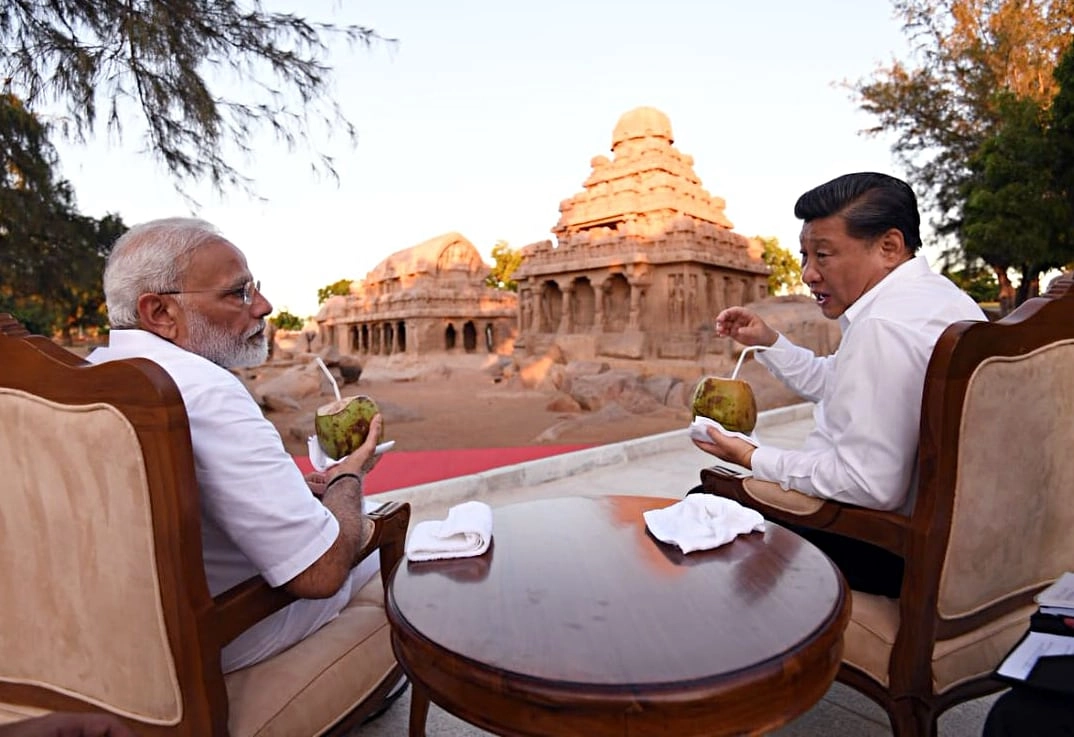In the current global economic landscape, the relationship between India and China is becoming increasingly significant. A recent statement from a Chinese official highlights the need for these two major Asian powers to unite in the face of escalating tariffs imposed by the United States. As the world’s two most populous nations, both India and China have substantial economic clout and can create a formidable front against external pressures aimed at undermining their growth. The Chinese official emphasized that collaboration between India and China could lead to mutual benefits, enhancing their respective positions on the global stage while countering the adverse effects of protectionist trade policies.
The imposition of tariffs by the United States has led to a ripple effect across global markets, creating uncertainty and economic strain for many countries. In this context, India and China, with their rapidly growing economies, have the opportunity to foster bilateral trade and investment that can buffer them against such external shocks. By working together, they can not only stabilize their own economies but also promote a more balanced global trade environment that prioritizes cooperation over competition. This partnership could involve sharing best practices, technology transfer, and creating a more integrated supply chain that benefits both nations.
Moreover, the historical complexities of India-China relations should not be overlooked. While the two countries have had their share of tensions, particularly regarding border disputes, the current economic climate necessitates a shift in focus towards common interests. By prioritizing economic collaboration, both countries can pave the way for a more prosperous future, fostering peace and stability in the region. Initiatives that enhance connectivity, such as infrastructure projects and trade agreements, could be instrumental in solidifying this partnership.
In conclusion, the call for India and China to stand together against US tariffs represents a pivotal moment in international relations. By embracing collaboration, both nations can not only protect their interests but also set a precedent for a new era of multilateralism that challenges unilateral trade practices. This unity could lead to a redefined global economic order, where cooperation takes precedence over conflict, and mutual growth is the goal. Ultimately, such a partnership holds the potential to transform the economic dynamics in Asia and beyond, fostering a more equitable and sustainable global economy.




